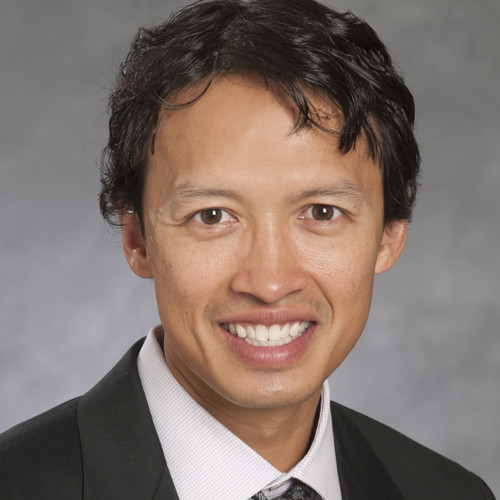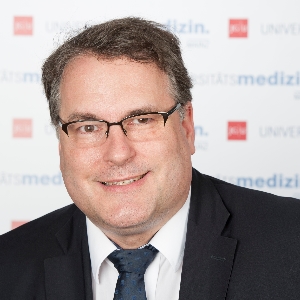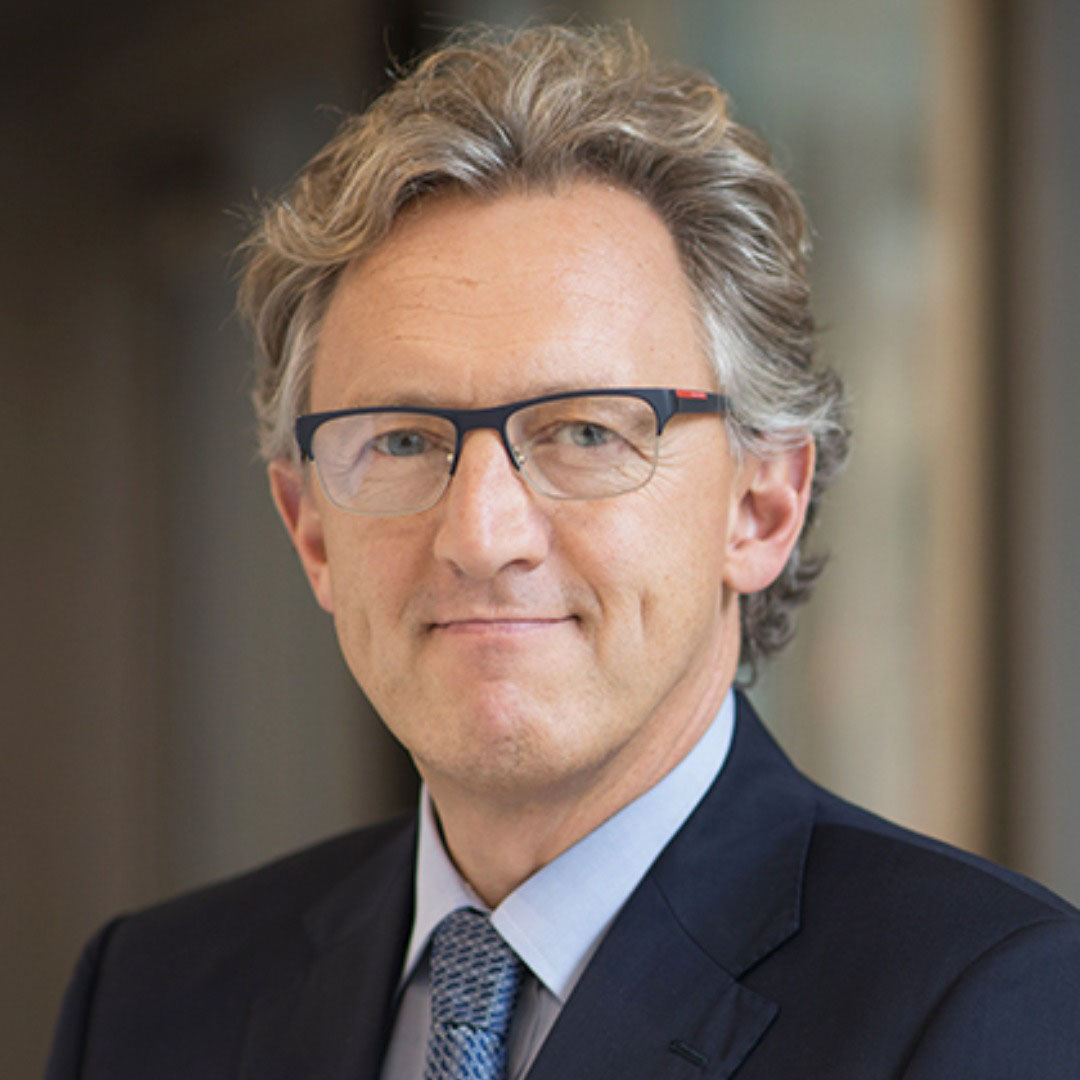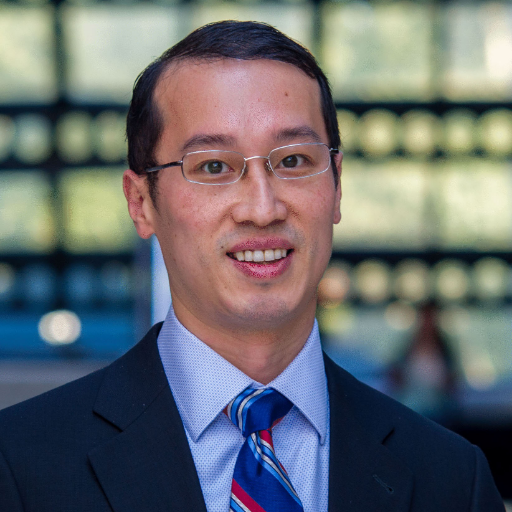11
May
2023
18:30
BST
19:30
CEST
13:30
EST
Webinar
Tricuspid Regurgitation: How Will Valve Repair Change Our Practice?
-
Views:
 7475
7475
-
Likes:
 23
23
Overview
Severe tricuspid regurgitation remains an unmet need, given the adverse outcomes and symptom burden associated with it. It is estimated that >70 million people worldwide currently have some degree of tricuspid regurgitation. Until recently, surgical intervention and medical therapy were the main treatment modalities, however, transcatheter repair is now an option for many people – particularly where the risk associated with surgery is elevated.
This live broadcast, chaired by Prof Ralph Stephan von Bardeleben (Heart Valve Center, Mainz, DE), aims to bring the community up to date with the latest clinical data on tricuspid valve repair techniques and to identify those patients who stand to gain most benefit from repair-based approaches compared with surgery or medical therapy alone.
Want to find out more about the recent TRILUMINATE Pivotal Trial Results?
Faculty:

Paul Sorajja

Ralph Stephan von Bardeleben

Ulrich P Jorde

Gilbert Tang
This broadcast is supported by an educational grant from Abbott.
Agenda
Key Learning Objectives
- Review existing real-world and RCT evidence on tricuspid valve repair
- Assess relative effectiveness of existing modes of treatment for severe tricuspid regurgitation
- Identify key patient groups who may benefit from device-based valve repair over surgical repair or medical therapy
- Recall what recent advances in the field of device-based repair means for real-world practice
- Apply emerging data and expert guidance to current practice
Target Audience
- Cardiologists
- Interventional Cardiologists
- Surgeons
- Heart Failure Specialists
Faculty Biographies

Paul Sorajja
Dr Paul Sorajja is an Interventional Cardiologist at the Minneapolis Heart Institute at Abbott Northwestern Hospital, where he is the Director of the Center for Valve and Structural Heart Disease.
Dr Sorajja's clinical practice specialises in interventional cardiology, with a focus on catheter-based therapy of valvular and structural heart disease. He was part of the team that performed the first transcatheter mitral valve replacement in the US for a patient with native mitral regurgitation in 2015, and has the highest worldwide experience with TMVR.
Dr Sorajja has published over 300 manuscripts and book chapters, with expertise in cardiac hemodynamics, clinical education, hypertrophic cardiomyopathy, and percutaneous therapy of structural heart disease.

Ralph Stephan von Bardeleben
Prof Ralph Stephan von Bardeleben is the Head of the Center of Structural Heart Disease Interventions and the Heart Valve Center in Mainz, Germany
Prof Bardeleben is Past-President of the German working group on Echocardiography of the German Society of Cardiology and a member of several medical societies. He serves on the Clinical Program commission and at your region program of the ESC and is a reviewer for several peer-reviewed journals. Newly elected co-editor-in-chief of Echocardiography Journal.
He participates as PI, steering committee member and core laboratory in several medical device trials, including a German Federal Institute for Drugs and Medical Devices (BfArM)-approved first- or early-in-human medical device implant trials.

Ulrich P Jorde
Dr Ulrich P. Jorde is Section Head of Heart Failure, Cardiac Transplantation & Mechanical Circulatory Support at the Montefiore Medical Center and Albert Einstein College of Medicine in New York.
Dr Ulrich Jorde specialises in Cardiovascular Disease, with a special focus on Heart Failure, Cardiomyopathy and Transplant Medicine-Heart.

Gilbert Tang
Dr Gilbert Tang is Surgical Director of the Structural Heart Program at the Mount Sinai Health System and Professor of Cardiovascular Surgery at the Icahn School of Medicine at Mount Sinai in New York. He has performed over 2000 cases of transcatheter aortic valve replacement (TAVR), transcatheter mitral valve repair (MitraClip), transcatheter mitral valve replacement, and tricuspid valve repair and replacement procedures.





